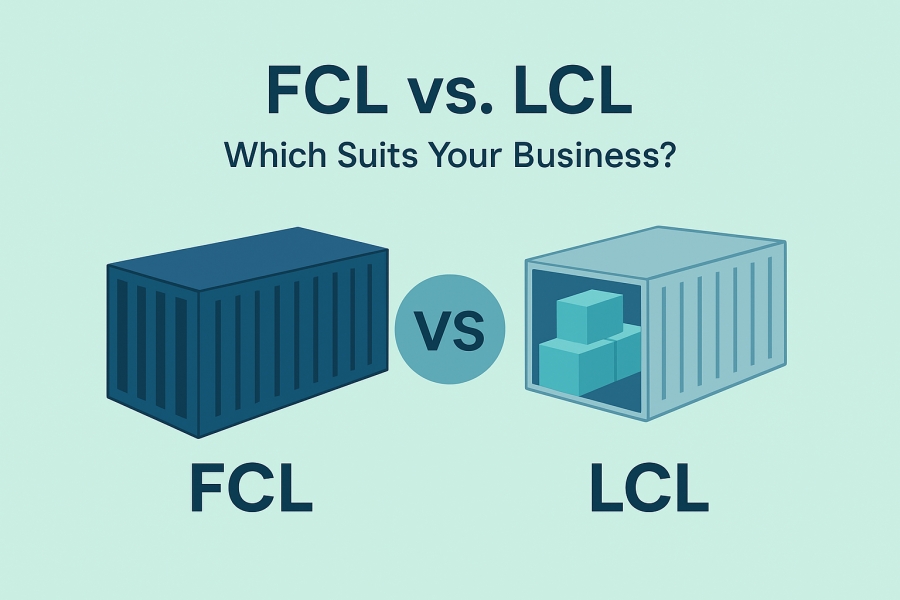- By TOP CHINA FREIGHT
- September 16, 2025
- Shipping
Table of Contents
Businesses need a reliable freight forwarder China to Saudi Arabia to handle logistics, customs, and transportation challenges. Without professional guidance, delays, unexpected costs, and compliance issues can disrupt your supply chain. This guide explores everything from shipping methods and transit times to customs requirements and cost-saving strategies.

Why do you need a freight forwarder China to Saudi Arabia?
Working with a freight forwarder is essential for importers managing complex trade routes. Saudi Arabia’s customs procedures, port regulations, and import standards can be strict. Therefore, businesses rely on forwarders to avoid costly mistakes.
- Customs expertise: Prevents compliance errors and penalties.
- Carrier negotiation: Ensures competitive freight rates.
- Cargo consolidation: Optimizes Less than Container Load (LCL) shipments.
- End-to-end tracking: Provides shipment visibility.
- Supply chain optimization: Improves delivery schedules.
A freight forwarder also manages documentation, insurance, and coordination across multiple carriers, giving companies peace of mind.
How long does shipping from China to Saudi Arabia take?
Transit times depend on the chosen mode of transport, port of loading, and customs clearance speed.
| Origin Port (China) | Destination Port (Saudi Arabia) | Sea Freight (Days) | Air Freight (Days) |
|---|---|---|---|
| Shanghai | Jeddah | 22–28 | 3–5 |
| Shenzhen | Dammam | 20–25 | 4–6 |
| Ningbo | Riyadh (via Dammam) | 24–30 | 4–7 |
While sea freight requires planning in advance, businesses often use a mix of air and sea to balance cost and urgency.
What are the shipping costs from China to Saudi Arabia?

Costs vary based on weight, volume, season, and carrier contracts. Freight forwarders negotiate rates and provide accurate quotes.
What customs documents are required for Saudi Arabia?

Documentation accuracy is critical to avoid delays or penalties.
| Document | Purpose | Issued By |
|---|---|---|
| Commercial Invoice | Declares product value | Exporter |
| Packing List | Details cargo contents | Exporter |
| Bill of Lading / Air Waybill | Shipping contract | Carrier |
| Certificate of Origin | Proves product origin | Chamber of Commerce |
| SASO Certificate | Ensures Saudi compliance | Certified bodies |
| Import License (for restricted items) | Authorizes import | Saudi authorities |
What industries benefit most from China–Saudi Arabia shipping?
Steel, tiles, and equipment.
Mobile phones, home appliances.
Engines, spare parts.
Furniture, clothing, household products.
Solar panels, wind components.
Case study: Reducing costs for a Riyadh importer

A Riyadh-based electronics distributor regularly imported goods from Shenzhen. Initially, they relied on air freight, which ensured speed but inflated costs. After consulting a freight forwarder China to Saudi Arabia, they shifted to a multimodal strategy.
- Air freight used only for high-value urgent shipments.
- Sea freight (FCL) handled bulk monthly orders.
- Consolidation of small electronics into LCL containers reduced wasted space.
Result:
Annual shipping costs dropped by 28%, while delivery reliability improved with proactive tracking and customs clearance support.
What are the pros and cons of sea vs air freight?

| Factor | Sea Freight | Air Freight |
|---|---|---|
| Cost | Affordable for bulk | Expensive |
| Speed | Slow (20–30 days) | Fast (3–7 days) |
| Reliability | Weather delays possible | High reliability |
| Cargo Size | Ideal for large/heavy | Best for light/high-value |
| Environmental Impact | Lower emissions per unit | Higher carbon footprint |
Businesses often adopt a hybrid approach, using sea freight for bulk and air for urgent deliveries.
How can freight forwarders reduce risks in this trade lane?
Saudi Arabia’s import procedures are strict, and penalties for non-compliance are high. Freight forwarders provide essential services:
- Customs expertise: Minimizes clearance errors.
- Route planning: Selects the most reliable carriers.
- Insurance arrangement: Protects against cargo loss or damage.
- Documentation checks: Ensures all paperwork meets Saudi standards.
- Supply chain coordination: Keeps shipments aligned with schedules.
With these measures, forwarders lower risks while enhancing efficiency.
Should businesses choose FCL or LCL for sea freight?

The choice depends on shipment size, budget, and urgency.
FCL (Full Container Load):
Cost-efficient for large volumes, offers cargo security.
LCL (Less than Container Load):
Suitable for smaller shipments, but may involve higher per-unit costs and longer handling times.
A freight forwarder evaluates cargo size, delivery schedules, and cost to recommend the right option.
What are the challenges of shipping to Saudi Arabia?
Despite strong trade ties, businesses face challenges when importing to Saudi Arabia:
- Strict product certification (SASO) requirements.
- High port handling fees compared to regional ports.
- Seasonal congestion at Jeddah and Dammam.
- Language and regulatory differences.
- Rapidly evolving customs rules.
Conclusion
Choosing the right freight forwarder China to Saudi Arabia is critical for successful trade. With expertise in customs, cost management, and supply chain coordination, forwarders ensure smooth operations and reliable delivery. Whether you ship electronics, construction materials, or consumer goods, professional logistics partners help reduce risks and optimize performance. Businesses that invest in reliable forwarding services gain long-term cost savings and operational stability.
Need a Shipping Quote?
If you want expert guidance and peace of mind, our team is ready to assist.
TJ China Freight offers tailored solutions to help businesses of all sizes ship more reliably from China.

FAQ
Q1:What’s the best way to ship fragile goods to Saudi Arabia?
Choose air freight for fragile goods. Use reinforced packaging, palletization, and insurance. A freight forwarder arranges safe handling and tracks every step of delivery.
Q2:How can I reduce shipping costs from China to Saudi Arabia?
Use freight consolidation, compare carriers, and plan off-peak schedules. A freight forwarder China to Saudi Arabia helps secure better rates and efficient customs clearance.
Q3:Can I ship hazardous materials from China to Saudi Arabia?
Yes, but hazardous cargo requires special permits, IMDG-compliant packaging, and certified carriers. Freight forwarders manage compliance and documentation for smooth customs clearance.
Q4:How do I ensure faster delivery times from China to Saudi Arabia?
Select priority air freight, pre-submit customs documents, and use direct routes. Freight forwarders coordinate carriers to minimize delays and optimize shipping time.
Q5:Do I need warehousing services in Saudi Arabia for imports?
Yes, warehousing supports inventory management, customs clearance, and faster local distribution. Many freight forwarders offer bonded warehouse options for imports from China.
